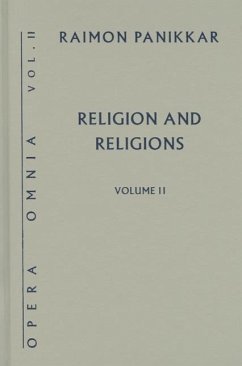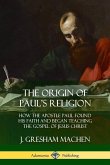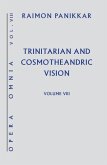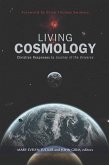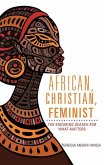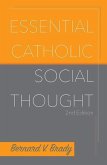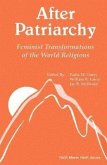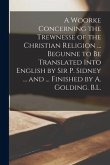This English-language second volume of Raimon Panikkar's "Opera Omnia" offers Panikkar's reflections on religion in our era as well as in many other historical epochs: He defines religion loosely as "the set of practices and doctrines (orthopraxis and orthodoxy) which one "bleives" lead to liberation and perfection at the individual, collective and cosmic levels" and "a path to salvation . . . in its broadest etymological sense: something that transforms Man into an integral, healthy, free and perfect being."Because no particular religion can claim to exhaust the universal range of human experience, in a globalized world a kind of religious pluralism is a necessary reality, and dialogue between different religions, cultures, and worldviews is an imperative of our time.The first section of this volume expands on the concept of religion from different viewpoints and develops some of the most universal aspects of religiosity. The second deals with comparative religion and with religious philosophy of encounter, while the third includes more specific topics, among which are the body and medicine, because religion reconnects not just humanity to God, but also the spirit to the body.

